A leading health think tank has reported that Brexit has impacted the supply of many medicines, putting health and risk and increasing pressure on pharmacies. It has also led to a large increase in the price of many medicines.
Medicine Shortages Now ‘Normal’

The report by Nuffield Health says “Multiple indicators show that the past two years have seen constantly elevated medicines shortages, in a new normal of frequent disruption to crucial products.”
Problem Getting Worse

Whilst the issues are already bad, the report says that they “if anything worsened in 2023”, suggesting that there isn’t an easy or immediate fix to the shortages.
Stockpiling Prevented an Immediate Shortage
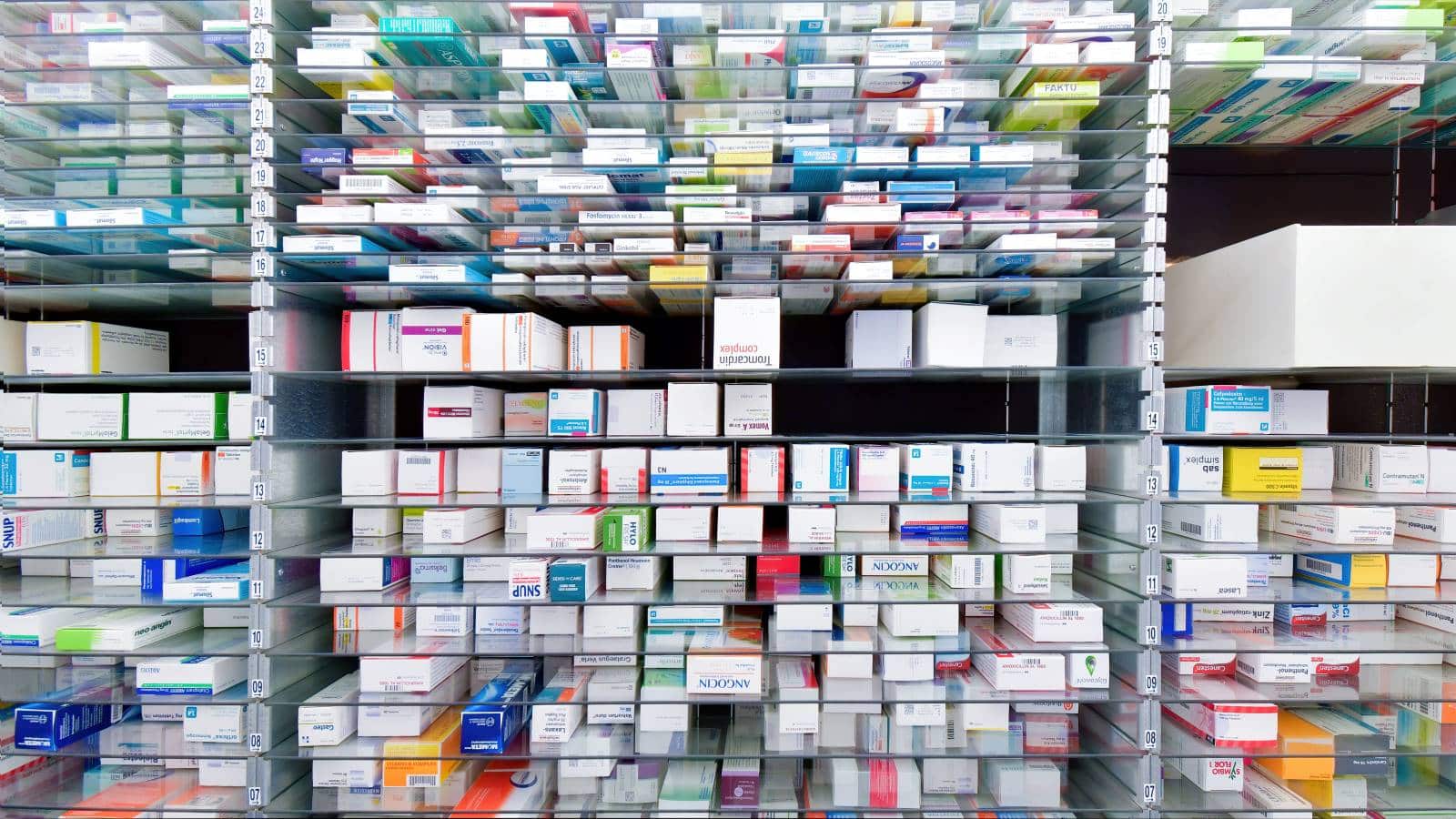
Anticipating an issue with the import of key medicines, the NHS built stocks before Brexit. The report says “while stockpiling and new routes into the UK had averted an immediate catastrophic impact from leaving the single market, every sign suggested that
by autumn 2022, medicine shortages in the UK had reached historic highs.”
Global Production An Issue
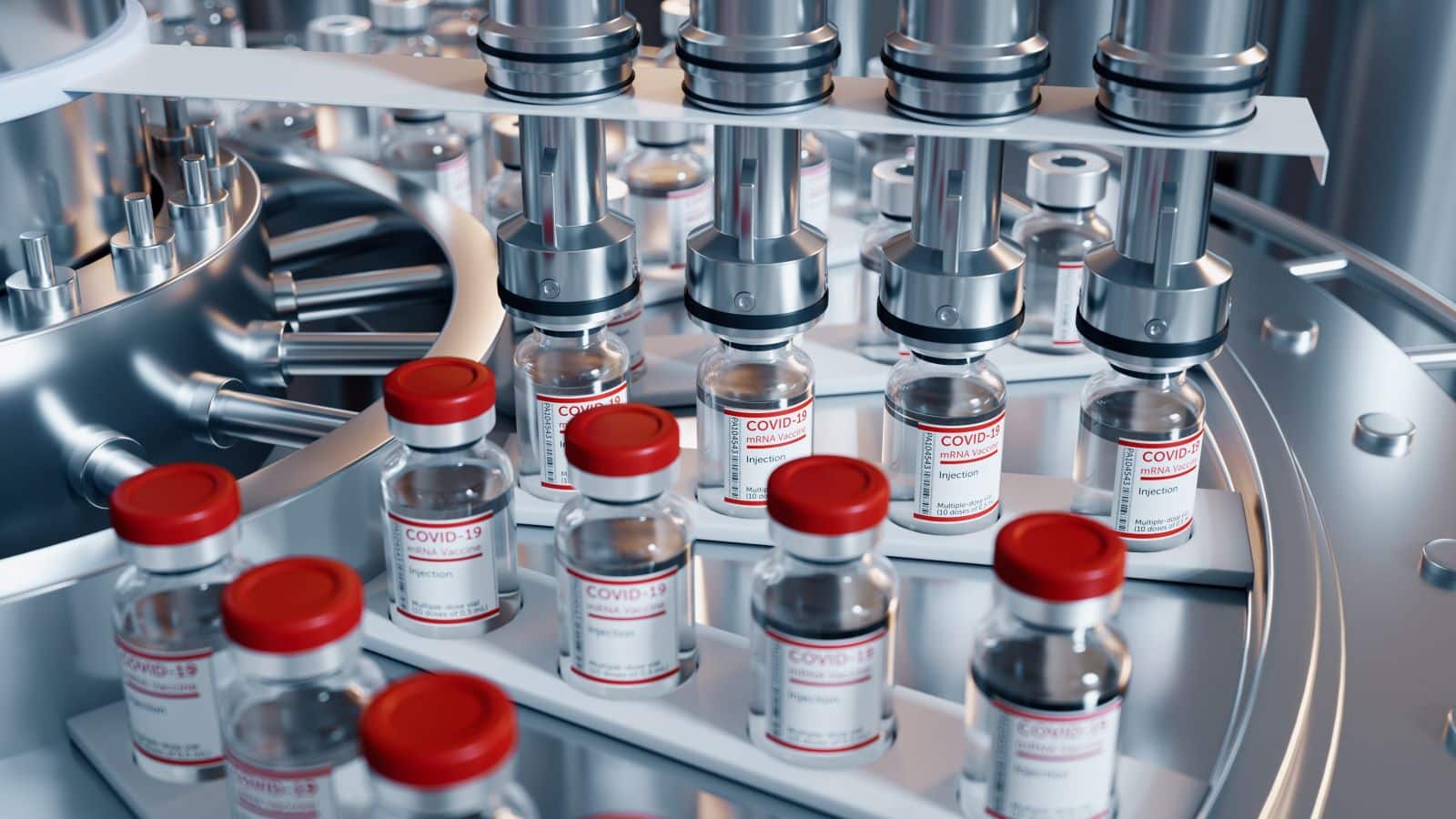
The number of supply warnings issued by drug companies has more than doubled. In 2020 there were 648 supply warnings, and it had risen to 1,634 last year.
Report Author “Shocked” By Number

Mark Dayan, lead author of the report said: “The rise in shortages of vital medicines from rare to commonplace has been a shocking development that few would have expected a decade ago.”
How Has Brexit Impacted Medicine Supply?
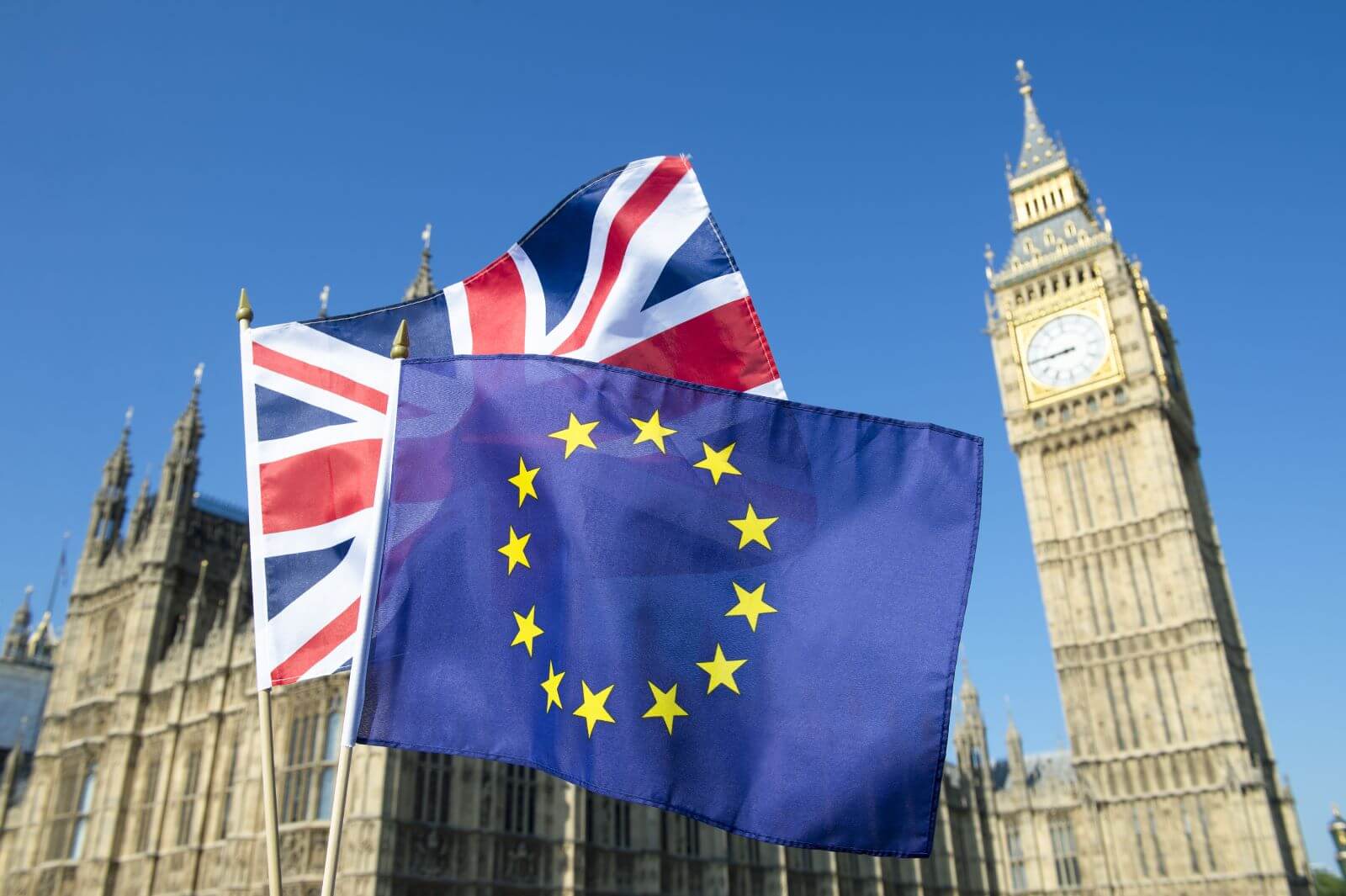
The report has found that there are several ways leaving the European Union has impacted the flow of imported medicines. Some of them are down to import delays, others down to price and there’s also speed of approval issues.
Imports Are Slower
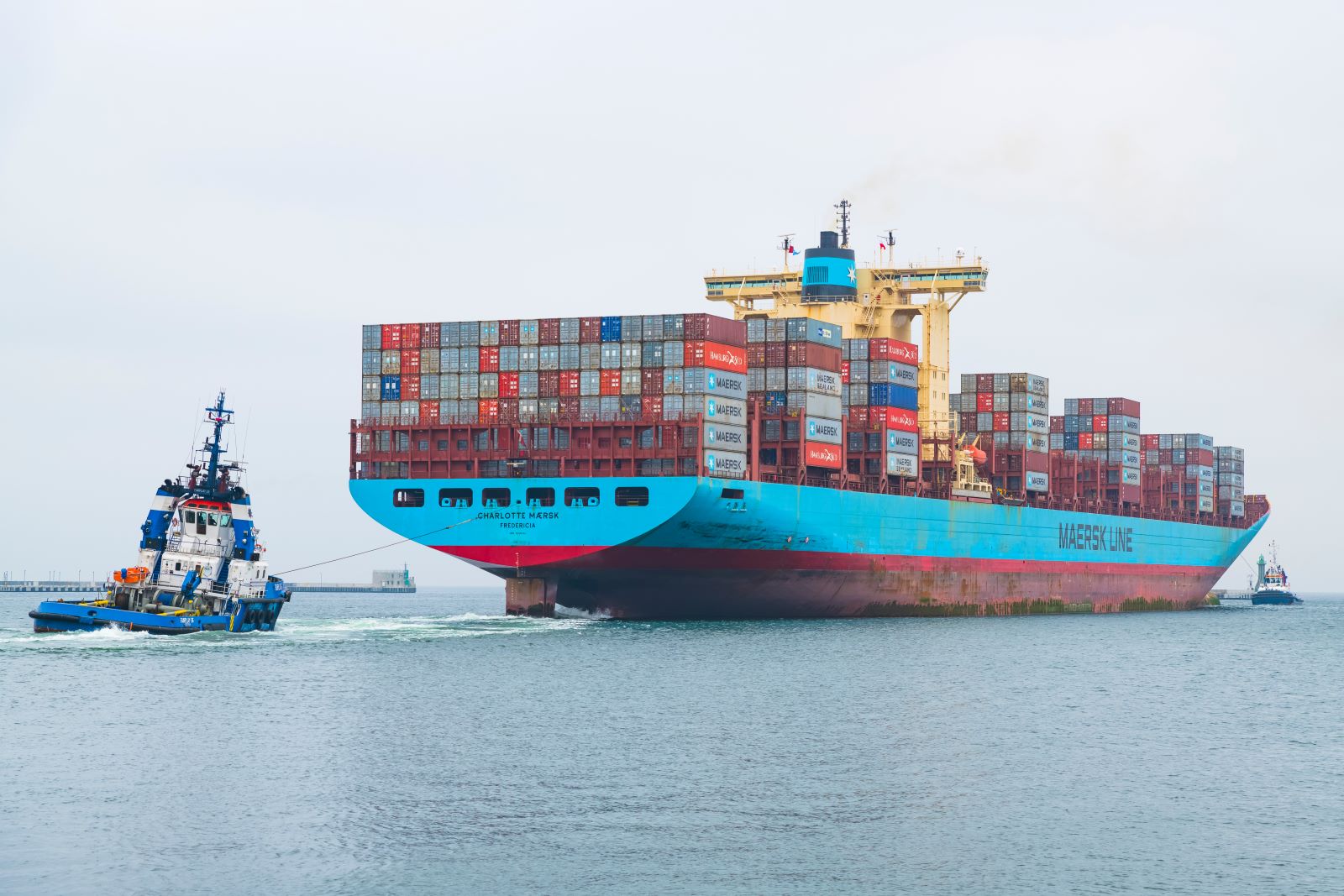
Having left the single market, there are now import checks at the UK border. This can slow the processing and internal distribution of medicines that were previously waved through and put on the road.
Pricing Means Pharmacists Can’t Compete
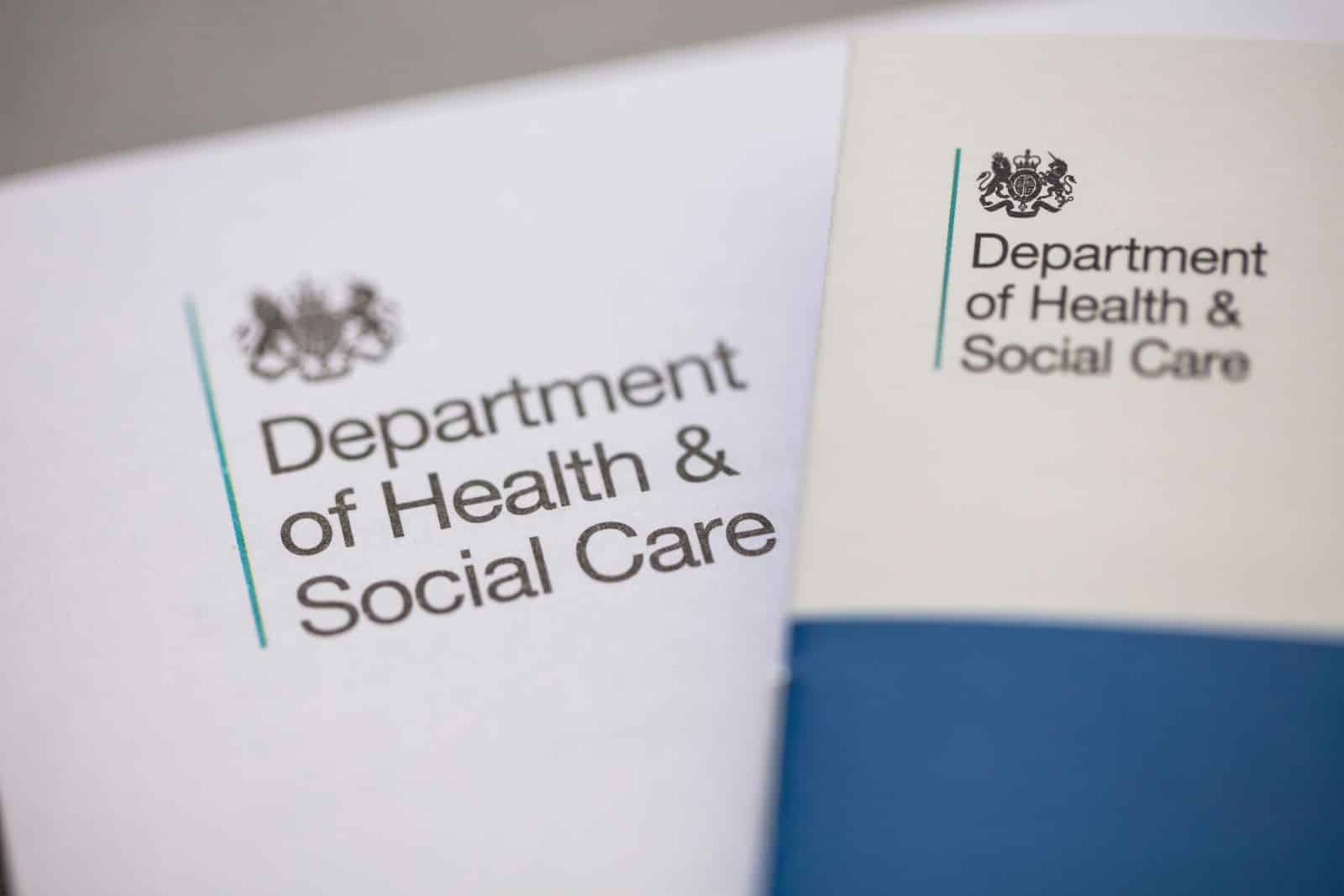
Price concessions are offered by the Department of Health and Social Care (DHSC) when pharmacists can’t buy at the price set out in the NHS list. The report says that pre-Brexit, “the number of price concessions that had to be issued never exceeded 20 in a given month”.
Price Competition Getting Worse

The report continues: “Since this time, it has been consistently far higher, reaching a peak of 199 in late 2022 and remaining highly elevated ever since”. The UK is buying alone, rather than part of the bloc so has to pay higher prices because quantities are smaller.
Strength of Sterling Also an Issue

Since Brexit, the strength of Sterling has plummeted. This blunts our buying power on international markets, meaning it takes a lot more pounds to buy, well, anything than it used to.
Approval Rates of New Drugs Much Slower Since Brexit

When the UK left the EU, the government also decided to remove us from the EU’s European Medicines Agency. This meant we’d approve our own medicines. Whether down to red tape, resources or both, this process is now much slower than it is in the EU.
Scale of Delay Laid Out

The report says: “From December 2022 to December 2023, four drugs authorised by the European Commission had been approved faster in Great Britain than in the EU; 56 had been approved later in Great Britain; and 8 had not been approved at all in Great Britain as of March 2024.”
UK Back of the Medicines Queue

Dr Andrew Hill, from Liverpool University, said: “With this background stress on global supplies, the UK is now more vulnerable to drug shortages. The UK is now stuck behind the US and Europe in the queue for essential drugs. Other countries offer high prices and easier access, with simpler regulations for supply.”
Global Production Delays Not Helping

The Russian invasion of Ukraine, and conflict in the middle east hasn’t helped with global supply. Raw materials, processing, manufacturing and distribution have all been affected by conflicts. Shipping lanes and air freight have been disrupted.
Which Conditions are Most Affected?

Reports say that the UK has been struggling with major shortages of ADHD, type 2 diabetes and epilepsy medications. In the case of type 2 diabetes, it can become fatal if left unmanaged, and all three have serious ramifications if not medicated.
Epilepsy Patients in Particular Struggling

Nicola Swanborough, from the Epilepsy Society, said: “Our helpline has been inundated with calls from desperate people who are having to travel miles, often visiting multiple pharmacies to try and access their medication.”
UK Government Can Help

There are policy changes that can be implemented to help smooth the access to medicines. James Davies from The Royal Pharmaceutical Society said: “At present, if a liquid version of a medicine is available but tablets have been prescribed and are out of stock, the pharmacist cannot provide the liquid version.” It won’t solve all problems but it’ll help some.
Information a Bitter Pill to Swallow

Supporters of Brexit didn’t always appreciate the nuances of what they were voting for, and this is a classic example. The UK is now competing for medicines with a huge market it was once a part of.
No Change on the Horizon

The problems seem to be mounting rather than going away. The fragility of the UK medicine network means there needs to be serious action, and fast. This problem will cause many more downstream if millions of health conditions aren’t effectively treated.
More Articles Like This…
Broken Britain: 12 Reasons Behind the UK’s Decline
Say the Unsayable: 10 Occasions When Farage Spoke His Mind About Britain
The post Brexit Disrupts Supply of Vital Medicines, According to Reports first appeared on Edge Media.
Featured Image Credit: Shutterstock / Gorodenkoff.

